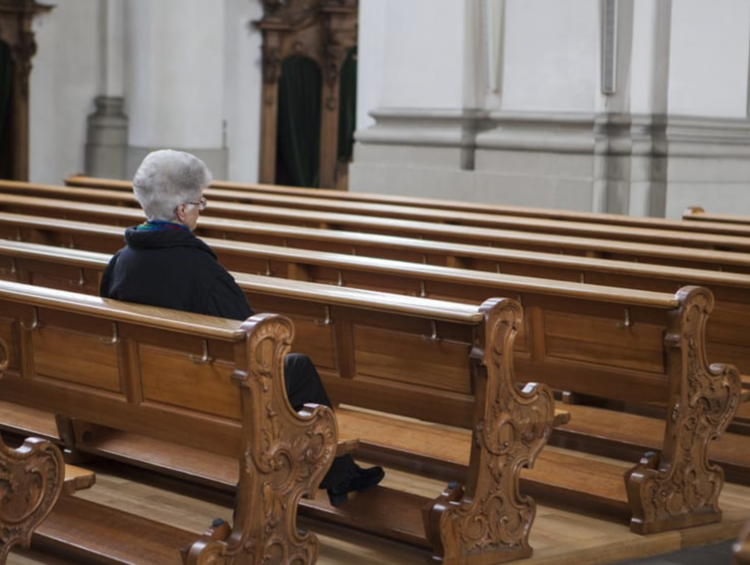Early in the premier of Norman Lear's sit-com "Sunday Dinner," the beautiful environmentalist T.T. Fagori raised her eyes to heaven and, with a sigh, entered a spiritual minefield.
"Chief?", she asked God. "You got a minute?"
In addition to praying out loud in prime time, this character offered a theological reverie at dinner while meeting the family of her fiancé, a 56-year-old widower nearly three decades her elder. The problem: His granddaughter heard Fagori mention God during a science lecture.
"You see, I talk about extending 'love thy neighbor' to include animals, plants, stuff like that. I say that the natural world is the largest sacred community to which we all belong," Fagori explained. "I talk about cosmic piety because the same atoms that form the galaxies are in all of us and it's the universe that carries the deep mysteries of our existence within itself.
"You see how all that sounds pretty spiritual. … So, when the kids hear me say these things, some of them think they hear the word 'God,' but they don't. I don't actually mention it. Interesting, huh?"
This 1991 comedy flopped, but it was an important statement from Lear, whose December 5 death at 101 years of age closed his career as lightning rod in popular culture and politics.
For decades, Lear described himself as a cultural Jew who didn't practice any traditional form of faith. He also founded People for the American Way, an old-school liberal advocacy group on church-state issues. But this television icon became more and more intrigued with religious faith, both as a force in American life and as a topic ignored by Hollywood.









